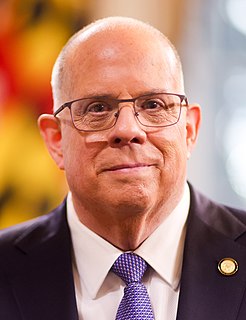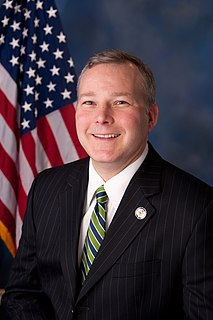A Quote by Martin O'Malley
The Center for American Progress rates Maryland as the best state in the nation for women. I couldn't agree more.
Related Quotes
Ironically, though our society of affluence brings safety and stability, it doesn't bring psychological health. As wealth goes up, suicide and depression rates tend to go up. I read one study that compared women in North America with women in Nigeria, and the group with the highest rates of depression was urban North American women, which is the wealthiest. Now, there are obviously huge stresses that come with poverty, but the poorer the society, the more collaborative people have to be.
In those same 10 years, women are getting more and more of the graduate degrees, more and more of the undergraduate degrees, and it's translating into more women in entry-level jobs, even more women in lower-level management. But there's absolutely been no progress at the top. You can't explain away 10 years. Ten years of no progress is no progress.
Today we are again witnessing the emergence of transnational elites ... [Whose] ties cut across national boundaries ...It is likely that before long the social elites of most of the more advanced countries will be highly internationalist or globalist in spirit and outlook ... The nation-state is gradually yielding its sovereignty... Further progress will require greater American sacrifices. More intensive efforts to shape a new world monetary structure will have to be undertaken, with some consequent risk to the present relatively favorable American position.
The Internet may well disempower the nation state, but at the same time, it also strengthens certain specific state functions - like surveillance. As a political entity, it doesn't empower the nation sate. It creates the availability of much more data than the digestive system of the nation state could possibly assimilate.
Personally I get so much of my inspiration from women in other countries, so I don't feel like American women are the leaders and I don't agree with the notion that Americans can accomplish more or do more. But I do think that what we can uniquely do here in America is mobilize and galvanize a lot of these ideas and resources. It's a war of ideas. We, Islamic women, are very well supported in this country by institutions, academic and nonprofit, that are already in the field endorsing women's rights and tolerance. The women in other communities have been the pioneers in this work.
What I like about the American woman is she usually has a lot of dynamism. In the U.S., women have a tendency to go forward, to be more exaggerated than in Europe. Many times the rough ideas come from the States, then they are refined in Europe. The American women and the French women are still the best-dressed.

































